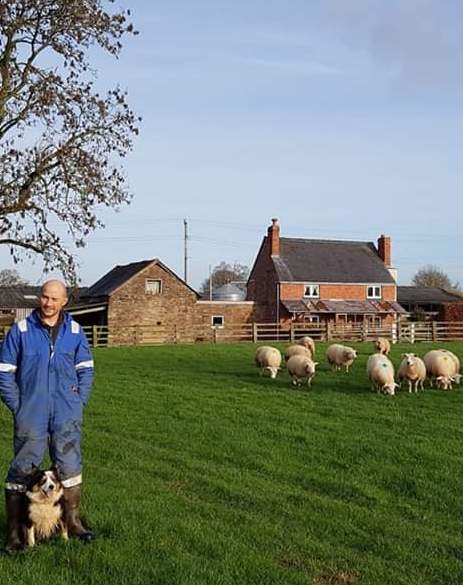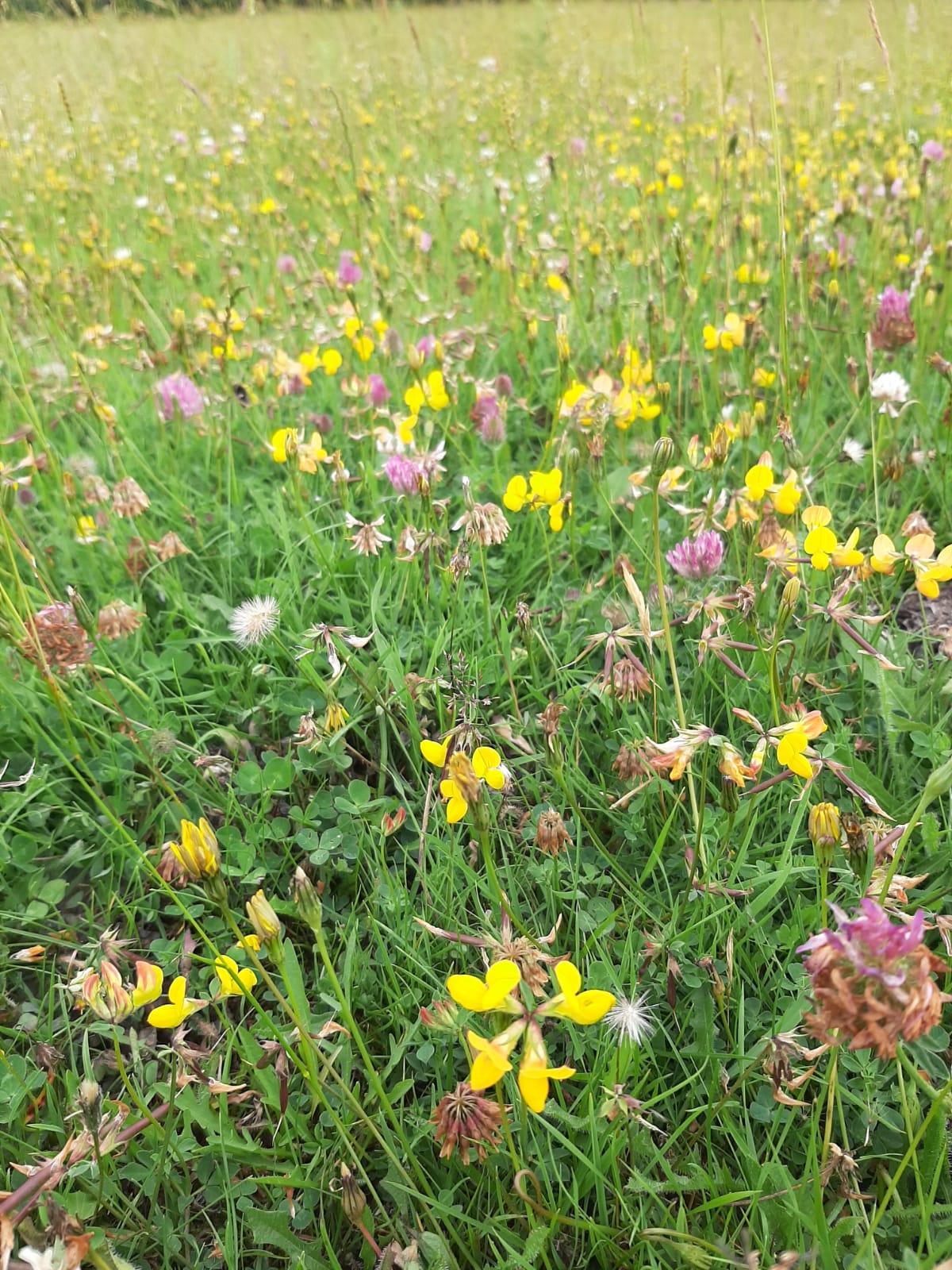Perry Wood Farm
At Perry Wood Farm we produce sustainable lamb, hogget and mutton in a high welfare environment. We use a low input system with soil health at the heart of all decisions on the farm. Healthy soil, healthy plants, healthy animals. We are transitioning to a 100% forage based system and starting to use regenerative agriculture techniques that work with nature to build soil organic matter, increase biodiversity and sequester carbon.
Facebook: @perrywoodfarm
Instagram: @perry_wood_farm
Mobile: 0779 627 2007
Behind the Scenes with Ed Rollings from Perry Wood Farm
This year has had a big impact on everyone, what was its initial impact on you?
Well, with the loss of pubs and restaurants, food festivals and some markets over the lockdowns we’ve lost most of the usual outlets that we supply. We’ve been lucky that we’re still able to sell our lambs through more traditional routes at live markets, but in terms of the price we get that doesn’t make the most of our premium grass-fed lambs.
What have you been doing in the meantime to maintain business?
During the first lockdown we offered a local weekly delivery service and did a lot more courier boxes to those further afield. We were also very grateful to Local to Ludlow for stocking our lamb at their pop-up shop. It was a great way to keep up our connections with our customers.
Have there been any positive things happening?
There have definitely been more customers taking an interest in the provenance of their food. Not only more people supporting local artisan producers but also people willing to question you on what you do and how you farm. People are not only more conscious of food miles etc. but the impact farming methods have on the environment. I really enjoy those conversations.
We have been questioning our farming methods as well.
The pandemic has given us a little more thinking and planning time at Perry Wood Farm. We are moving towards a 100% forage-based system, with no bought in concentrate feed. In doing so, we are taking on regenerative farm practices that put the soil at the centre of all our decision-making processes. Most farm soils are degenerated in some form, so for us to be just sustainable and to sustain a degraded soil, isn’t good enough. We need to improve the soil function and in doing so we will support increases in animal health and farm biodiversity.
I’m very lucky to be part of a regenerative farm group; a small group of like-minded farmers in the local area. Farm visits have been limited during lockdown but we have a WhatsApp group to discuss how we each approach things. It creates a place where we can share ideas, wins and failures! It has been invaluable.
I was fortunate enough to have some in depth soil analysis done through the group. It’s given me a great idea of where we are, what improvements need to be made and how I go about it. I just need to get the plan into action!
How do you see things panning out?
One of the key regenerative principles is to maximise diversity. We’re looking to improve pasture plant diversity. If you think that we recommend humans have a balanced diet, the same is true for our livestock - grasses, legumes, herbs and trees. If our animals have access to a variety of species to graze and browse then they can self-medicate. Diversity also encompasses livestock and I have plans to bring beef cattle and chickens into the system. The different grazing and feeding strategies have multiple benefits. Pests and parasites thrive in a monoculture; the more diversity the better!
All this should mean plenty of choice for our customers!
What does it mean for you being a Slow Food Business Supporter?
The fundamentals of the Slow Food movement really dovetail with what we are aiming to achieve both with our stock and our land with its focus on soil health and good, nutrient dense, high welfare food. It’s all so integrated. We’ve lost sight of it in so many spheres, it’s good to bring the focus to it. I hope Slow Food Ludlow Marches will be able to visit us in the near future – there’s lots to tell you all about!




